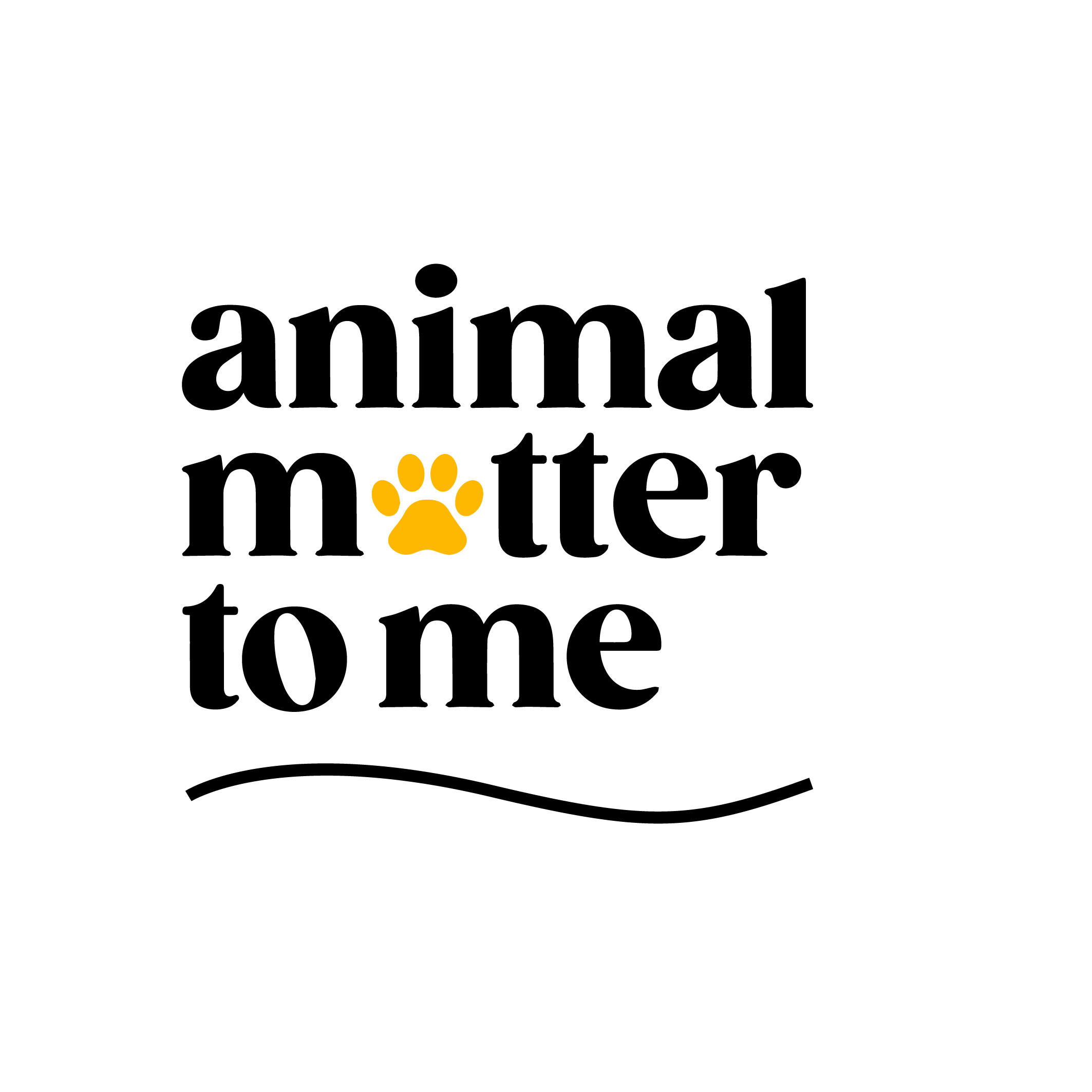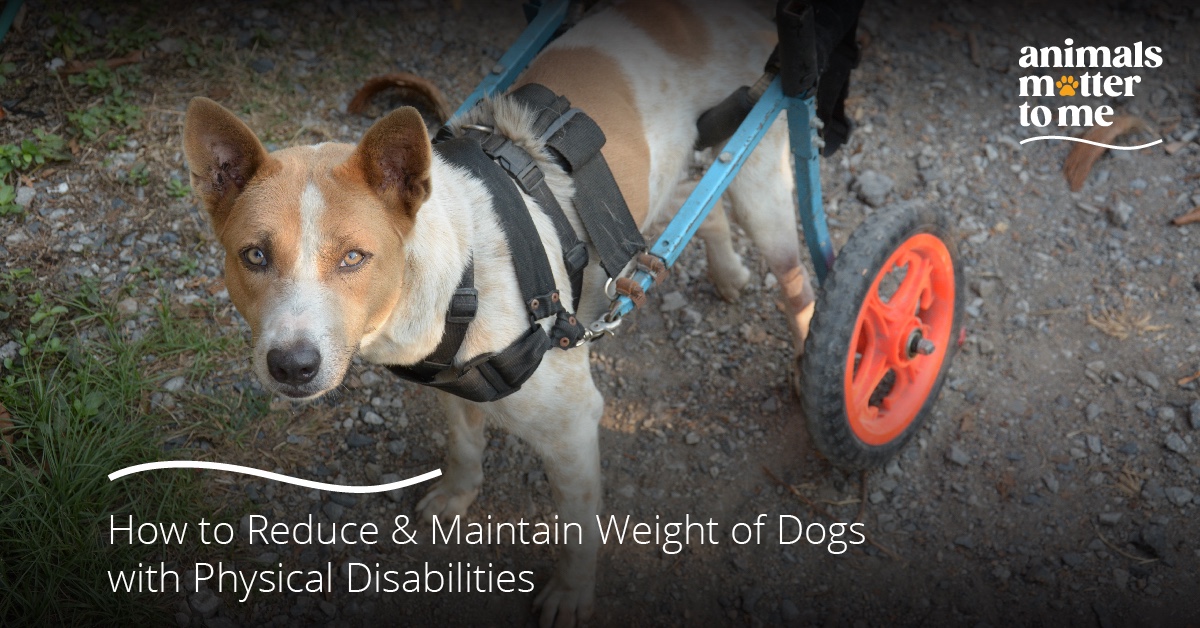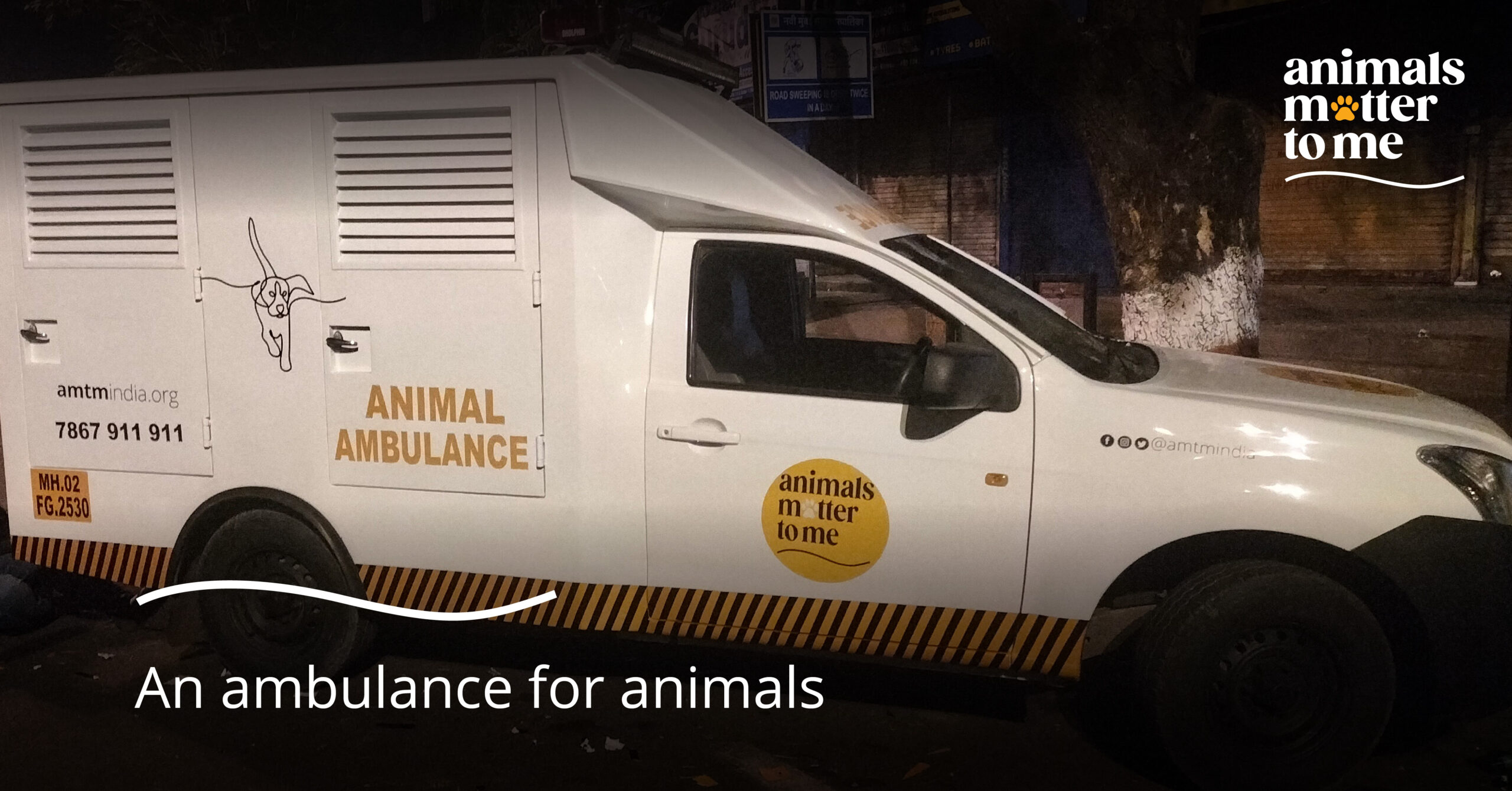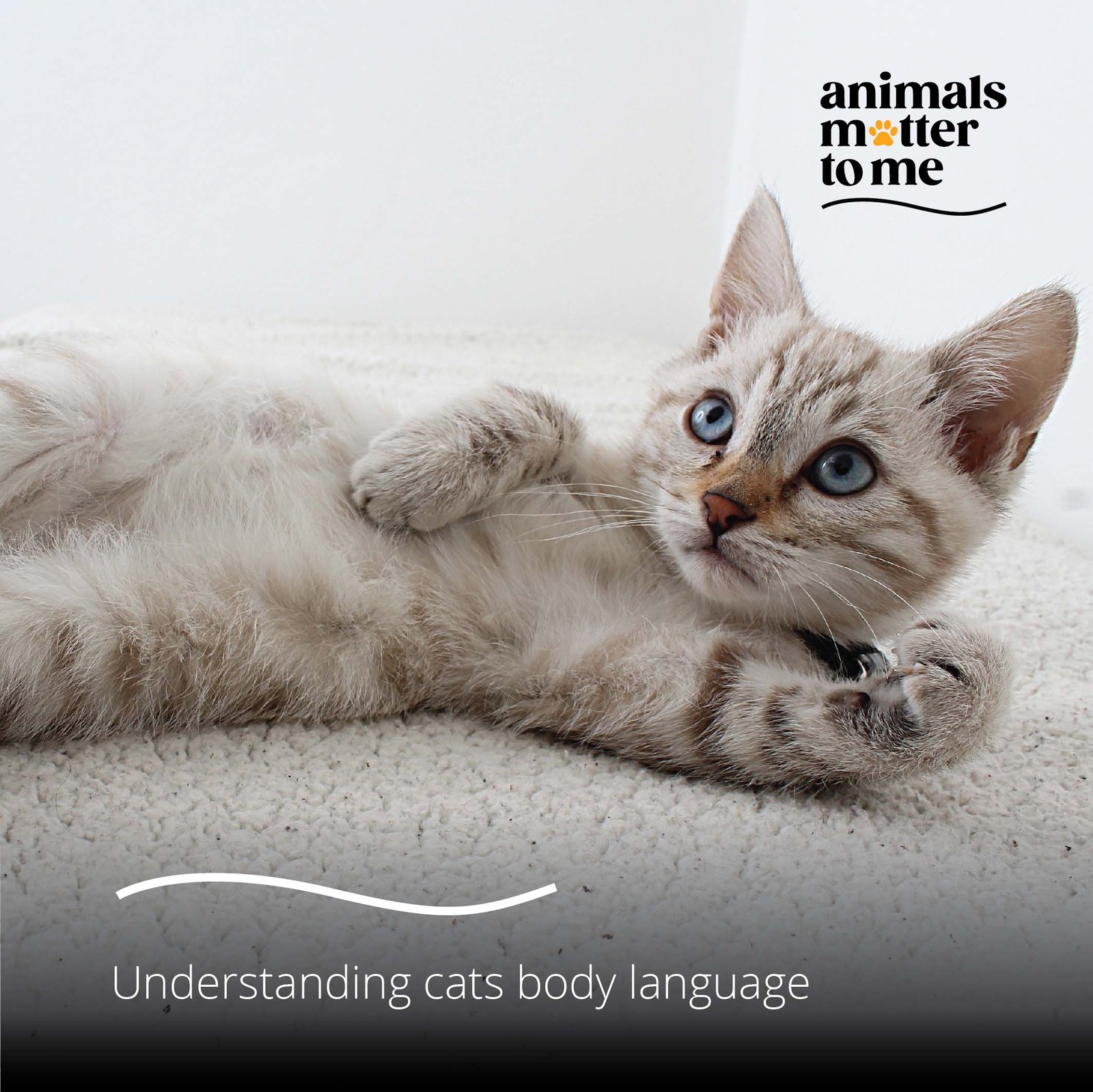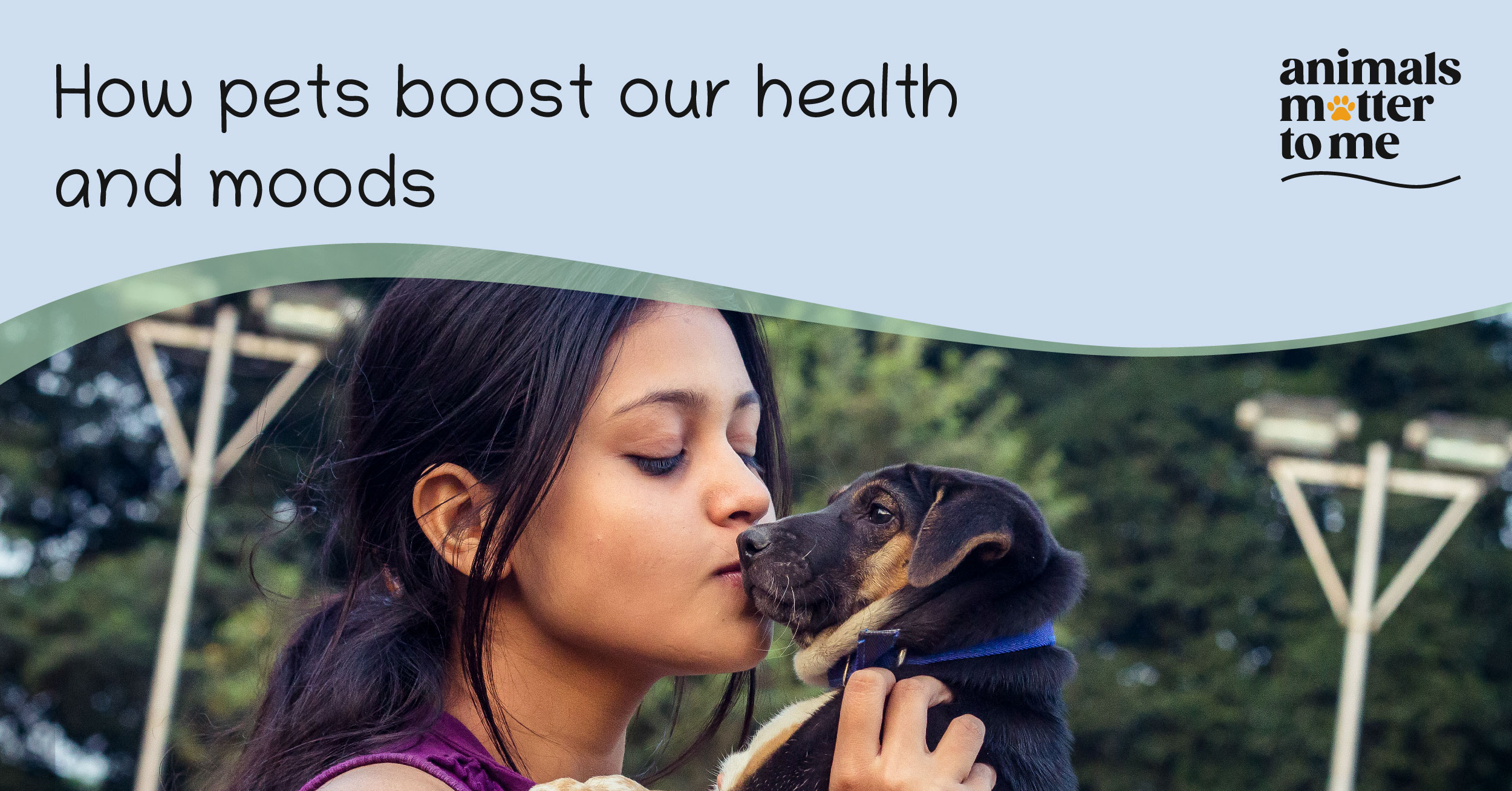It’s important to maintain the weight and muscle mass of dogs, especially for those that have physical disabilities because they are prone to developing conditions like diabetes, heart disease, high blood pressure, cancer, joint pains, and loss of mobility.
While this is something that is not entirely preventable in most cases, there are certain ways to keep your dog healthier and happier. Here’s how you can make their life more comfortable when their mobility starts to deteriorate:
Exercise and therapy
Regular exercise is important for all dogs, but especially so for those experiencing physical difficulties. Having an exercise regimen can help your dog maintain a healthy weight and flexibility. It also reduces their chances of being diagnosed with health issues associated with being overweight.
There are many types of exercises you can do with your dog including running, swimming (hydrotherapy), playing fetch, physical therapies, massages, indoor games like hide and seek, and more.
The most common effect of aging for dogs is mobility loss, especially in hind legs. The best activity for your dog is determined by their current condition, age and mobility. Older dogs with arthritis might just enjoy a walk in the park or in the neighborhood. Dogs with conditions like hip or elbow dysplasia might not be able to go hiking with you like a normal dog could; however, they can benefit the most from swimming and physical therapies.
It’s always good to make sure they get plenty of rest between their workouts so they don’t overexert their muscles. Doing this will reduce stress on their joints as well as the rest of their body.
Calorie intake
Calorie intake is key to reducing and maintaining weight for everyone including dogs. The amount of calorie intake depends on the dog’s body weight, activity level, and age. It should also be adjusted according to the breed and size of your dog in order to maintain their health.
Your pet will benefit most from a homemade low calorie, balanced diet with healthy ingredients like eggs, poultry, and fresh vegetables like carrots, peas, beans, broccoli, etc. It’s also great to include oils like Omega 3s and 6s, coconut oil, and more.
It’s always best to talk to a veterinarian or a pet nutritionist to determine the right intake for your pet.
